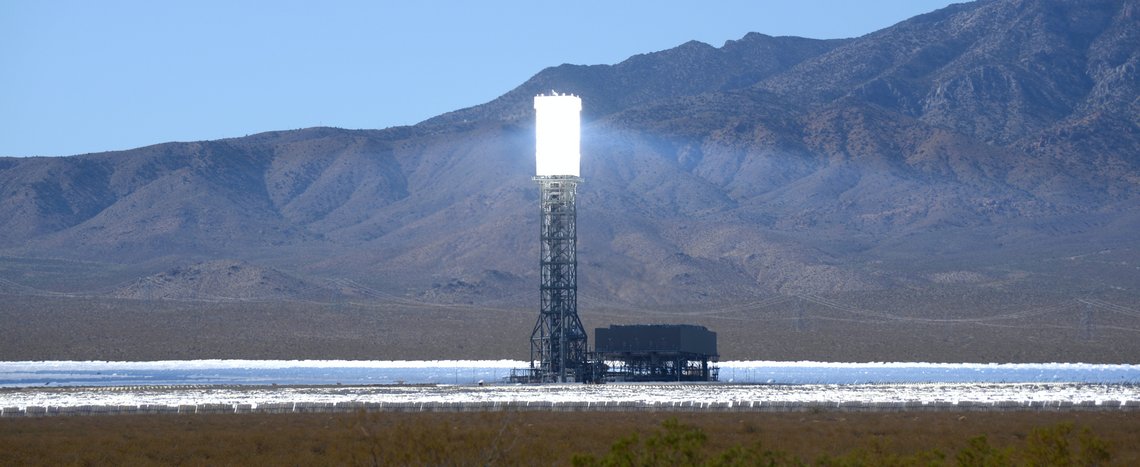New study shows low-emission technologies need higher credit prices
April 2021 - Decarbonisation of Chile’s energy sector is a key milestone on the way to a sustainable, carbon-neutral future. A new study looks at how international and national carbon markets can help accelerate decarbonisation of the Chilean energy sector.
The study conducted as part of the BMU-funded projects, Global Carbon Market and Decarbonisation of the Chilean Energy Sector, examines four strategic project types/technologies:
- Converting coal-fired power stations to battery-operated storage systems
- Pumped storage hydroelectricity
- Electricity generation using concentrated solar power (CSP)
- Use of renewable energy in existing seawater desalination plants
For each project type a case study was produced relative to the technological trends and current conditions in the Chilean energy sector. An economic assessment was then made along with an estimate of the prevailing greenhouse gas emission reduction potential.
For the conversion of coal-fired power stations to battery-operated storage systems and grid-connected pumped storage hydroelectricity, no accurate certificate price could be derived. Given the strongly varying conditions, a project-based, case-by-case approach is needed. However, with the two project types concerned, it is especially important to obtain electricity solely from renewable energy sources and to prevent double counting of offsets.
For the other two project types – CSP and sustainable seawater desalination plants – the average annual reduction potential and the minimum theoretical price at which the mitigation certificates would have to be sold in order to ensure the profitability of the projects were calculated. For CSP, a price of over USD 35/tonne CO2 was calculated, while for sustainable seawater desalination plants a price of USD 50/tonne CO2 would be needed to make the projects economically feasible.
Although the study concludes that, in some cases, the carbon markets can offer a source of additional income, to ensure the economic viability of these types of projects, special market conditions are needed in the carbon markets – such as significantly higher certificate prices than in the past.
The study (in Spanish only) can be accessed here.

